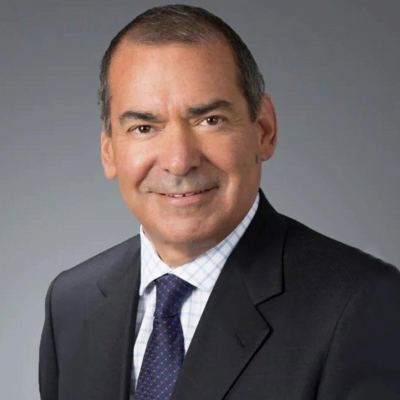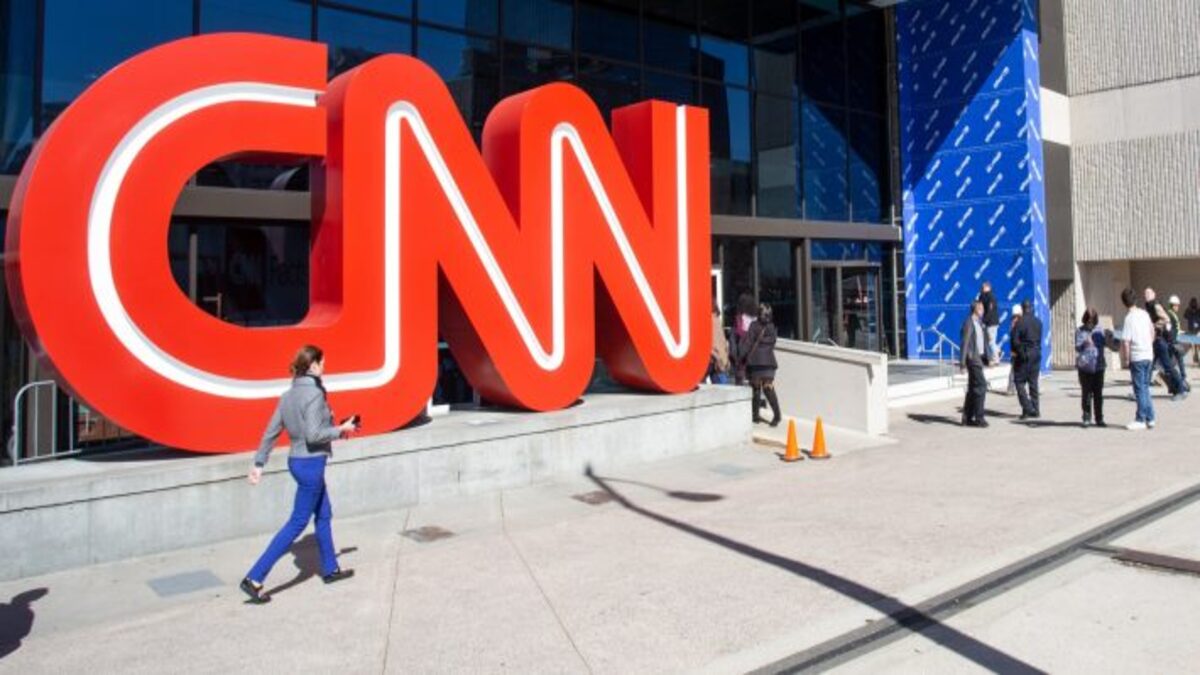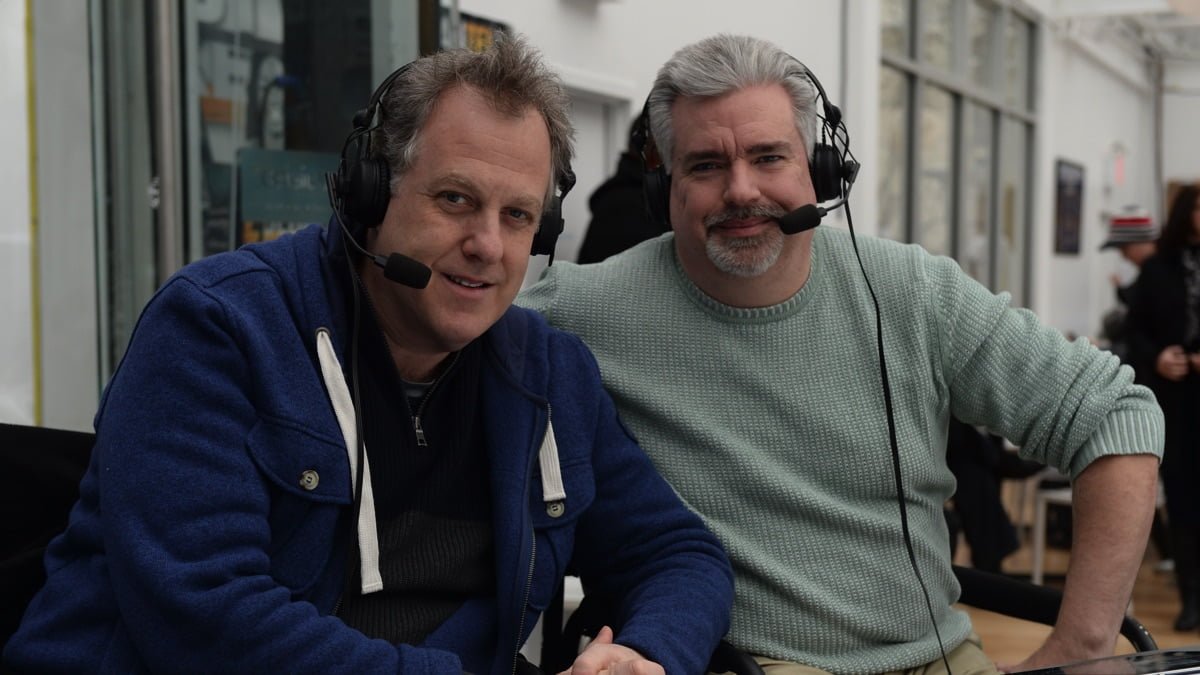There were 2 big developments in television over the long holiday weekend, both with potential to change the way we watch and what we watch. Disney joined Nexstar’s battle against cable giants, and CNN hired a new CEO who is equipped to deal with the slow, painful death of the cable industry. These 2 developments are likely related.
The cable business model has been incredibly lucrative for CNN. Advertising is only the backup funding source for cable. CNN, Fox News, and the rest get their primary income stream from fees that are paid by cable companies to carry their channels. ESPN does the same, as do local stations and even broadcast networks. ESPN and CNN get around $8 per subscriber each month to allow cable companies or DirectTV to offer their customers programming.
But cable is hemorrhaging subscribers as more viewers switch to streaming, which can be a little more complicated, but can be less expensive and works off a Wi-Fi signal instead of a set-top box and cable’s well-earned reputation for terrible customer service.
Disney is currently in a headline-grabbing fight with Charter over how much the Mouse wants to be paid for ESPN. It’s a symptom of what the cable companies realize is a failing business model. They can’t keep paying big dollars, forcing rate hikes, while viewers now have options. The push among programmers like Disney is to streaming services.
However, CNN does not have an effective streaming outlet. Discovery killed the fledgling CNN+ when it took over. So the news network relies primarily on cable and the fading business model. Enter the second big development of the week: CNN hired Mark Thompson as CEO, whose reputation is that of an internet producer who saved the falling New York Times from its print focus and made it into a major and profitable news source via computers and mobile devices. Print has become secondary to the Times, which lives in the digital world and thrives. Soon, I believe TV will become secondary to CNN and service a smaller, older set of news consumers.
Thompson’s challenge will be to transfer its personality-driven anchors on television to the internet, a format driven less by who is presenting the news, but the actual content. Where clicks are gathered by catchy headlines and exclusive stories and exhaustive coverage. The CNN brand will morph into a broader one-stop shopping format covering everything from politics to movies to books and food.
It won’t happen immediately. Cable TV still provides much of CNN’s $1 billion dollars in revenue. And there are legal entanglements to deal with between cable and streaming. The fees paid by cable companies often call for exclusivity. The same programming cannot be run on streamers that are run on cable.
But companies such as Disney and CNN are about to test that restriction. In the end, soon, perhaps very soon, CNN is likely to be a different place. After the 2024 election cycle, those still watching TV on cable or on “rabbit ears” may see a totally different product than the broader content available by streaming or on the CNN website.
Mark Thompson was hired to move from your TV to your mobile device. The big question is how do you take Jake Tapper, Anderson Cooper, and Erin Burnett with you? It’s a big question that changes the focus for these journalists. No longer will the focus be on how you deliver the news, but the news delivered. The stars at The New York Times are not presenters, they are roll-up-your-sleeves journalists who have made their reputations not with looks, smooth-talking, or live interviews, but by breaking stories.
You know Peter Baker, Frank Bruni, Maureen Dowd, and Maggie Haberman because of their brand of news breaking. They possess different skills for different times. The merging of the two is a significant challenge for the new CEO.

Jim Avila previously served as a weekly columnist for Barrett News Media. An Award-winning journalist with four decades of reporting and anchoring experience, Jim worked as Senior National Correspondent, 20/20 Correspondent, and White House Correspondent for ABC News. Prior to his time with ABC, he spent a decade with NBC News, and worked locally in Los Angeles and Chicago for KNBC, and WBBM. He can be found on Twitter @JimAvilaABC.







